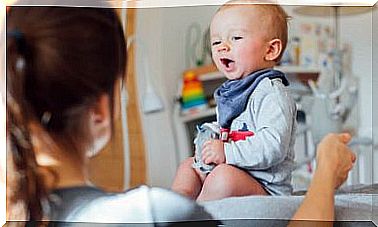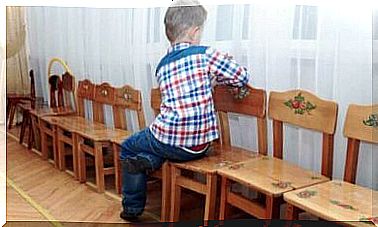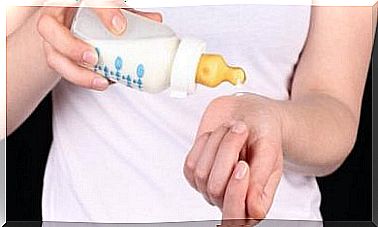Your Children’s Grades Will Not Determine Their Success – Parenthood

If you’re a parent, your children’s grades are probably one of your biggest concerns. At the end of each school year comes the dreaded assessment and, with it, the grades. Simple numbers that seem to determine if a child is competent, intelligent, adapted and if he will be successful in the future.
However, not only is this grading system outdated, it can sometimes be harmful and even cruel to children.
In our societies, for hundreds of years, we have been used to assessing students by means of a digital system. When the marks obtained do not meet expectations, parents are very worried. In addition, children feel inadequate and the family system often faces great tensions and conflicts.
However, children’s grades will not determine their future success. So it’s time we started to understand what these numbers really mean.

What are the children’s grades based on?
We believe that grades tell us about our children’s intelligence, abilities and intellectual level. We also think that they communicate to us the effort that the child made, the attention he paid and the willingness he had to learn.
From this digital data, we infer whether a child is competent, fit, and successful. We are proud or ashamed, sometimes we even get angry based on this ranking.
In addition, we reward and punish our child according to the marks obtained. But can you really get all of this information from one number? The answer to this question is clearly no.
The child receives a mark based on his results in one or more written exams. These tests not only tend to overlook all kinds of hands-on learning, but they also, and first and foremost, value memorization.
In other words, a child will get high marks if he is able to keep precise data in his memory and “throw it up” during the test. However, that does not necessarily mean that he understands what he is writing and if he will forget it the next day.
Checks do not always assess actual understanding of the topic or significant learning that has resulted. They also do not take into account the effort, interest or attitude of the child. They only evaluate a specific and concrete result, ignoring the process.
In addition, they completely ignore the individual differences of children. They must all “fit the mold” for which they are judged. If they don’t, they are labeled, literally, as insufficient.
Your children’s grades won’t determine their success
For all of these reasons, it’s important to note that your children’s grades will not determine their success. First, because they are not a reliable measure of intelligence, abilities or attitude.
A child can be very capable, curious, skillful, and knowledgeable and not see this reflected in their grades. A child may have a good readiness to learn and great persistence while achieving poor grades.
But, furthermore, grades are not critical as what they measure is not really relevant to success in adulthood. In the real world, the ability to memorize is of little use. On the contrary, other skills, such as social skills, creativity or self-confidence, are significantly valued.

“Getting into the mold” during the school years can even become disabling when faced with the reality of the adult world.
On the other hand, it has been proven that students who do less well in school have certain advantages when they become famous entrepreneurs. While school rewards those who adapt, life rewards those who take risks.
Focus on the process
So when it comes to your child’s education, try to focus on the process rather than the results. Be sure to instill in your child the curiosity to learn and the development of critical thinking. But also, perseverance as well as responsibility.
Of course, encourage your child to work hard and take on the challenges of school. However, keep in mind that ratings are just a number. This is because it does not define your child as a whole person, nor will it determine their success.
Fortunately, more appropriate and more diverse pedagogies and assessment methods are beginning to emerge. But until then, let’s stop labeling our kids based on this out of context data.









